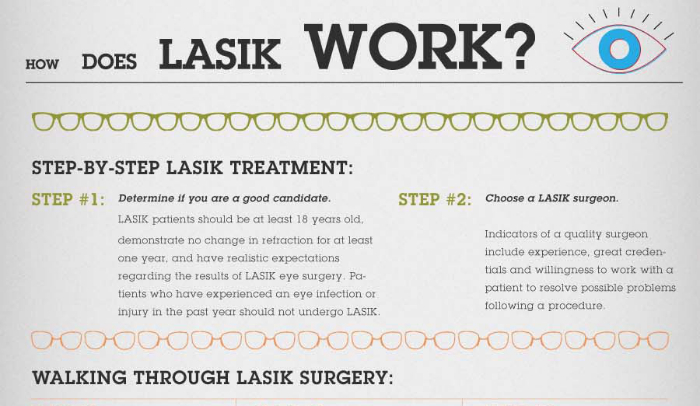Lens Replacement Surgery: A New Frontier In Visual Improvement

Web Content Produce By-Guldager Zimmerman
Visualize a future where you no more need to rely upon glasses or contact lenses to see plainly. A future where vision improvement is as simple as a quick, painless treatment.
Well, that future is closer than you might assume. Introducing refractive lens exchange, an innovative strategy to fixing your vision that can transform the method you see the globe.
But exactly what is refractive lens exchange, and why is it took into consideration the future of vision improvement? In this conversation, we will discover the advantages, the treatment, and the possible risks of refractive lens exchange, giving you a glance right into what exists in advance for those seeking more clear vision.
The Benefits of Refractive Lens Exchange
Refractive Lens Exchange supplies numerous benefits for individuals looking for vision adjustment. By replacing your all-natural lens with a fabricated intraocular lens, this treatment can remedy a vast array of vision problems. One of the primary advantages of refractive lens exchange is the renovation in visual acuity. Whether you're myopic, farsighted, or have astigmatism, this procedure can significantly boost your ability to see plainly without relying upon glasses or get in touch with lenses.
Additionally, refractive lens exchange can likewise avoid the development of specific eye conditions, such as cataracts. This suggests that not only will you accomplish much better vision, however you'll also have a minimized threat of creating cataracts in the future.
With refractive lens exchange, you can take pleasure in better vision and a better of life.
The Procedure for Refractive Lens Exchange
When going through refractive lens exchange, the surgeon will certainly start by making a little cut in your cornea. This permits them to access the lens of your eye and remove it.
Here are https://www.wivb.com/news/whats-trending/local-eye-care-provider-offers-lasik-to-referee-after-controversial-call-during-bills-game/ associated with the treatment:
- The cosmetic surgeon will thoroughly break up the lens using ultrasound waves or lasers.
- After removing the lens, they'll place a brand-new fabricated lens, called an intraocular lens (IOL), right into your eye.
- The IOL is designed to remedy your details vision problems, such as nearsightedness, farsightedness, or astigmatism.
- Once the new lens remains in place, the cosmetic surgeon will close the cut with little stitches or self-sealing techniques.
- The whole procedure typically takes less than thirty minutes and is usually executed on an outpatient basis.
Adhering to these actions, refractive lens exchange can give you with boosted vision and minimize your reliance on glasses or contact lenses.
Potential Dangers of Refractive Lens Exchange
Before going through refractive lens exchange, it is very important to comprehend the possible risks related to the procedure. While refractive lens exchange is typically considered safe, like any type of operation, there are threats involved.
One potential threat is infection, which can take place if germs goes into the eye throughout or after the surgical procedure. One more risk is the growth of increased intraocular pressure, which can cause glaucoma. Furthermore, there's a small chance of experiencing corneal edema, which is the swelling of the cornea.
Various other prospective dangers consist of retinal detachment, macular edema, and loss of vision. you can try here to talk about these threats with your specialist and weigh them against the potential benefits before making a decision.
Final thought
So there you have it, folks! Refractive lens exchange is genuinely the future of vision improvement. With its numerous advantages and advancements in technology, this procedure uses a life-altering service for those battling with their vision.
However keep in mind, every climbed has its thorns. While refractive lens exchange may bring quality, it is necessary to be familiar with the prospective threats involved. So, before taking the leap, consider the pros and cons, and talk to your ophthalmologist.
After all, much better risk-free than sorry!

